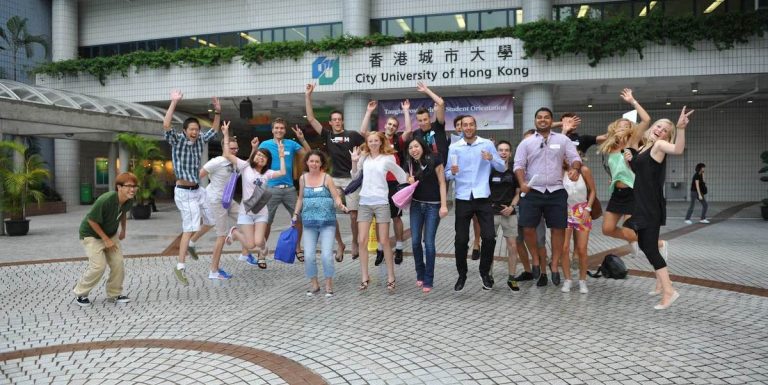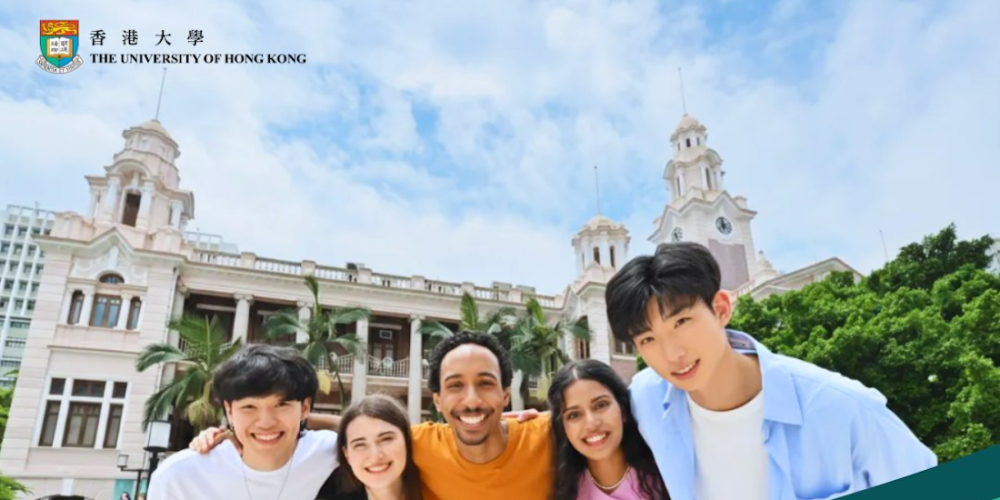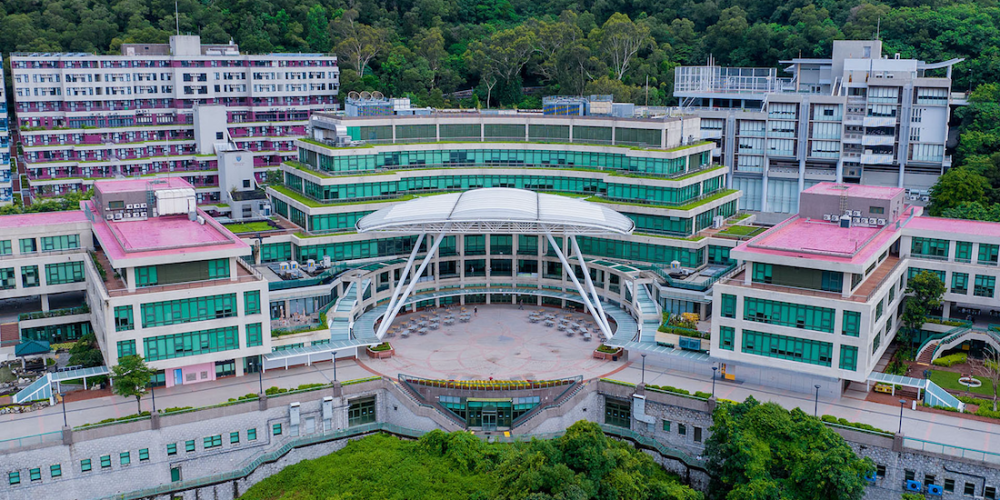
City’s top educator proposes international student integration across public schools while officials unveil plan to boost non-local university admissions

New York, N.Y. — Hong Kong’s leading education authorities are urging a major diversification effort, calling on public universities to aggressively recruit international students and opening the door for non-local students to attend public schools to boost the city’s prestige as a global education hub.
Hong Kong, long celebrated for its world-class tertiary institutions, is embarking on its boldest push yet to internationalize its education sector. At the forefront, Professor John Lee Chi-kin, president of the Education University of Hong Kong (EdU), has publicly called for the city to further embrace the recruitment of international students, echoing global trends and fortifying Hong Kong’s competitive edge.
Hong Kong’s Internationalization Imperative
Hong Kong’s evolving education strategy comes as other global cities compete aggressively for student talent.

Professor John Lee has advocated that public universities must reposition themselves by offering more scholarships to non-local students and continuously adapting academic programs for technological advancements.
In a recent interview, Lee pressed the government to ensure “a high degree of internationalization”—framing it as essential to attracting the world’s brightest minds and underlining the value of multi-cultural student bodies for both the local and global workforce.
Recognizing the increasing cross-border flow of students, Lee referred to policies in other major destinations, such as the U.S., where international high school’ers are permitted to enroll for up to 12 months, provided they pay full tuition.
Lee recommends similar cost-recovery models in Hong Kong, with non-local students paying full fees to attend public schools, thereby maintaining fairness for local taxpayers. Under his vision, each public school could set quotas for international intake, ensuring local interests and educational resources are protected.

Policy Expansions: From Universities to K–12
In September’s annual policy address, Chief Executive John Lee Ka-chiu unveiled a dramatic increase in the quota for non-local undergraduate admissions, raising the ceiling from 40% to 50% of local undergraduate places in the 2026–2027 academic year—Hong Kong’s most substantial internationalization to date.

This quota hike is set to boost international student slots to roughly 37,000, up from 30,000, according to the Education Bureau.
The territory’s eight public universities—which include the University of Hong Kong, Chinese University of Hong Kong, and Hong Kong University of Science and Technology—will not reduce their annual 15,000 government-subsidized spaces for local students with this change.
Simultaneously, a new trial scheme is being prepared to allow Direct Subsidy Scheme (DSS) schools to expand their intake of self-financed, non-local pupils who can study on student visas.
This would open basic education access to overseas students and, according to officials, is a first step in developing Hong Kong as a comprehensive international education hub.
Notably, students from mainland China and certain other jurisdictions remain ineligible due to immigration restrictions.
Ensuring Equity and Safeguarding Local Interests
Stakeholders underscore that while internationalization is urgent, the rights of local students must not be compromised.

“The most important thing is fairness, and that it would not affect the local students,” Professor Lee emphasized, noting that measures such as school-specific quotas for non-local students and full fee payment schemes are central to this balance.
The Education Bureau asserts that these reforms will not decrease local student opportunities but, rather, bring new resources and opportunities into Hong Kong schools.
The government has also clarified and updated eligibility requirements for government-subsidized university places, stipulating residency requirements for dependents and visa-holders to align incentives with genuine contributions to Hong Kong society.
University Initiatives: Scholarships, Student Services, and Belt and Road Links
Hong Kong’s drive to globalize its student body is matched by targeted investments at the institutional level. EdU, for example, is expanding scholarships and launching ambitious integration and mental health initiatives for international students, including additional Cantonese and Putonghua classes, peer activities, and comprehensive counseling support.
The university’s new strategic plan (2025–2031) outlines robust growth in non-local student recruitment, especially from Belt and Road Initiative countries spanning Asia, Europe, and Africa.
“Mainland students actually have lots of chances for further studies on the mainland. But why do they choose Hong Kong? It is because our city is highly internationalised and we have an excellent tertiary education system,” Lee explained. The same reasoning, he argues, will motivate students from across the world if Hong Kong’s openness to talent continues to grow.
Other universities echo these sentiments, pointing to recent gains in international rankings, research innovation, and industry collaboration. By “bringing in more young people from around the world to study and stay in Hong Kong, enriching our talent pool and enhancing our global network,” Chief Executive John Lee frames this convergence of education and industry as critical to Hong Kong’s long-term prosperity.

Living Up to the “Study in Hong Kong” Brand
The Study in Hong Kong brand campaign is key to this transformation, aiming to position the territory as Asia’s preeminent destination for world-class learning and research. With university and government leaders aligning on policies and new student-focused services, Hong Kong is preparing to broaden its international reputation and put itself on par with London, New York, and Sydney as a preferred global education city.
Yet, the push for internationalization is not solely about numbers. “Pursuing studies overseas is an investment. But we have to see if our schools are of high quality and remain internationalized enough to attract them to come,” Lee cautioned, reiterating that only ongoing innovation, genuine support networks and a balanced approach will secure the long-term vitality of Hong Kong’s education sector.
Audio Summary
Hong Kong is embarking on a sweeping push to internationalize its public universities and schools, raising the non-local university admission cap to 50% and piloting programs for international students in K–12 public education. Leaders stress scholarships, innovation, and safeguarding local student interests, as institutions like the Education University of Hong Kong advance integration efforts. Backed by a focus on the “Study in Hong Kong” brand, the city aims to compete globally for top student talent.
#HongKongEducation #InternationalStudents #StudyinHongKong #GlobalTalent #HigherEdPolicy
#UniversityReform #EdUHK #BeltandRoad #EducationInnovation #StudentIntegration
TAGS: Education policy, Hong Kong, international students, public universities, John Lee Chi-kin,
scholarships, Study in Hong Kong, Belt and Road, higher education, global talent, integration, EdUHK

Social Media Posts
Facebook/LinkedIn
Hong Kong’s education leaders are stepping up international student recruitment, raising caps at public universities and piloting global access in public schools. Professor John Lee Chi-kin spotlights scholarships and integration as the city strives to be a top global education hub. #HongKongEducation #InternationalStudents
Hong Kong is transforming its education landscape—expanding university slots for international students and piloting new K–12 pathways. Professor John Lee emphasizes fairness, innovation, and integration programs for non-local learners. #StudyinHongKong #EducationInnovation
X / Twitter / BlueSky
Hong Kong will increase public university international student quotas to 50% and pilot global access in public schools, balancing reform with local student protections. Professor John Lee Chi-kin leads the charge. #GlobalTalent #HongKongEducation